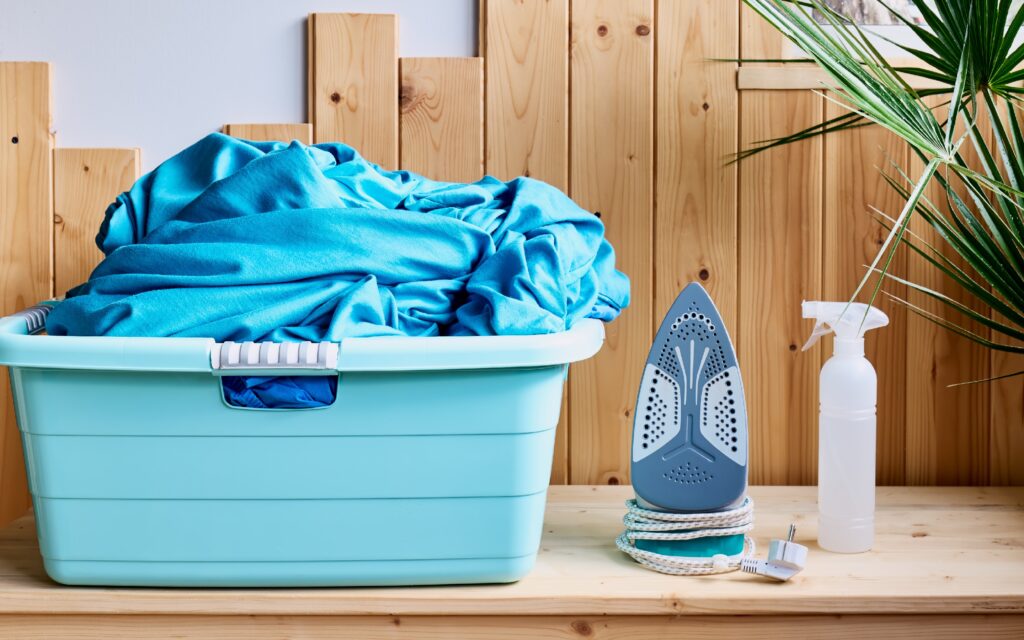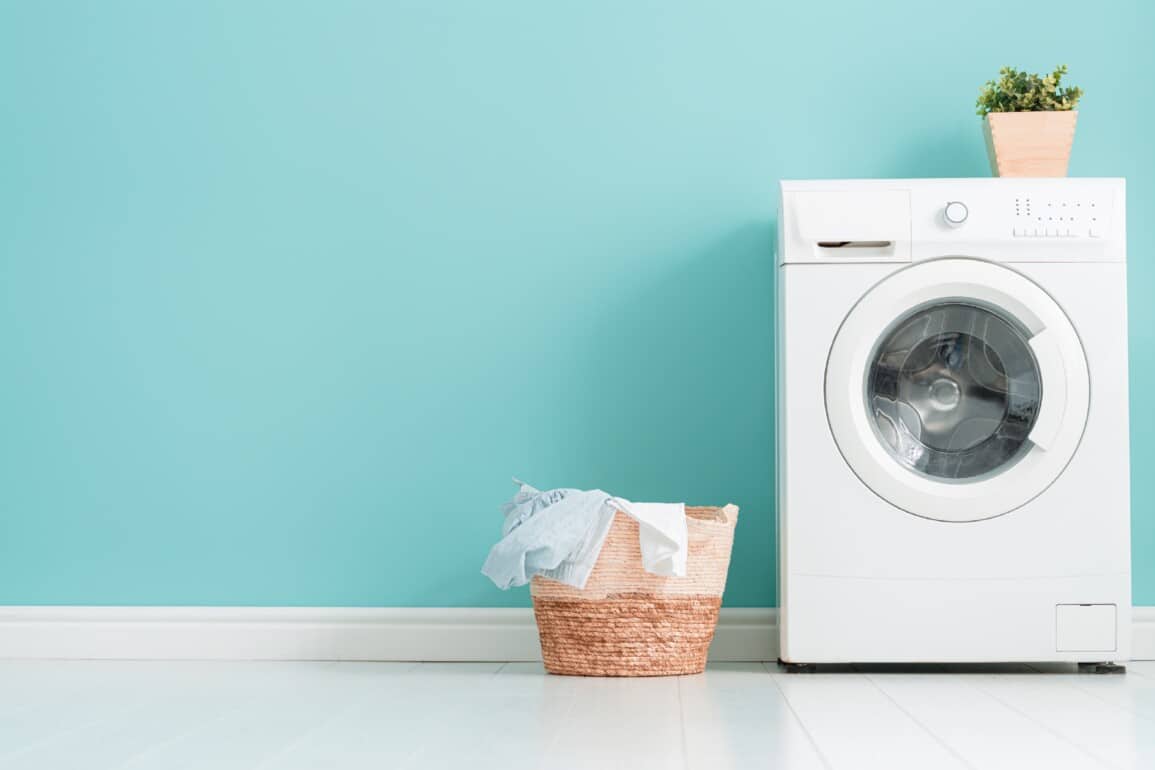Learning how to wash silk sheets is often the biggest challenge of owning luxury bedding. Silk pillowcases, sheets, duvet covers and even pajamas can give you a wonderful night’s sleep, but only when you know how to care for them correctly.
Silk is an incredible bedding option because it’s all-natural. Sleek and soft, a set of silk sheets will help to prevent overheating, even on memory foam beds.
The unique material can reduce your risk of allergies and soothe sore skin. Some people even believe silk is the key to banishing wrinkles and improving your complexion.
Unfortunately, silk is also a very fragile product, easily destroyed by poor washing practices, exposure to too much heat, and more.
Today, we’re going to give you the ultimate guide on how to wash silk sheets, so you can get the most out of your bedding.
How to wash silk sheets safely
When you buy silk sheets, you make a long-term investment in your sleep quality and comfort. Washing silk sheets regularly, and correctly means they’ll last longer, and give you better outcomes for years to come.
The first step in washing silk sheets, is choosing your washing style. You can either use a washing machine (carefully), or hand-wash.
Typically, it’s best to start with hand washing. When you put silk sheets in the washing machine, you can’t control how much pressure they’re placed under.
Washing by hand gives you an insight into how durable the material really is. This should ensure you can protect your sheets from damage.
- Check the instructions on the label: Most silk sheets, bedding, and pillows will come with guidelines on how to wash your silk correctly. You can also see here whether the bedding is suitable for washing on a low-temperature, delicate cycle.
- Use warm (not hot) water: Warm water will be excellent for removing stains and dirt, but it’s not so hot it damages the fiber of the silk.
- Don’t twist or wring the fabric: Gently wash the fabric, allowing the water and detergent to do most of the work. Wringing or twisting the fabric can damage the fibers.
- Use a gentle detergent: Some detergents are too harsh for silk and cause it to lose some of its wonderful softness. Gentle detergents are often custom-made for silk. Start by using an exceedingly small amount and work your way up.
- Pre-treat stains: Since you sleep on your silk bedding, it may end up with makeup stains, sweat, and other patches of dirt. Treat these areas with a tiny dab of your chosen detergent. Allow the detergent to work for about 15 minutes before washing.
No matter how dirty your silk sheets seem, never use chlorine bleach. This chemical is very harmful to the silk and could permanently dissolve or break the fibers. It’s also best not to use any bleach-based cleaners.

Tips for washing silk sheets
Just like washing a duvet, pillows, or any other sensitive products, caution is key with silk bedding. Learning how to wash silk sheets is often something you get better at over time. It’s also worth noting some kinds of silk are more durable than others.
The strategies you use to wash natural silk pillowcases, like Mulberry silk may be different to the strategies you use for silk blends. Here are some tips to help you.
- One sheet at a time: Sheets of any kind will launder better when they have more room in the washing machine. If you’re using a machine for washing silk sheets, make sure you don’t overcrowd it. One piece of bedding at a time could be a good way to start.
- Separate sheets: If you are washing your silk sheets with other items, stick to other silk items, such as a silk duvet cover, or washing silk pillowcases. Don’t add any harsh materials or clothes with zippers into the mix.
- Keep the temperature low: As mentioned above, warm water is best for washing silk sheets. However, you can also consider washing silk in a cold-water spin too. Colder water will reduce the risk of any colors fading, and it’s gentler on the fabric. However, cold water also doesn’t remove heavy stains as well.
- Choose the right setting: If you’re washing your silk sheets in the machine, always follow the instructions carefully, choosing the gentlest possible cycle. Avoid anything too harsh and remember to keep your sheets away from heat as much as you can.
- Add vinegar: Adding a small amount of distilled white vinegar to your silk sheets will help to remove soapy residue that may be left behind in your silk fibers. Often, this residue is what causes silk sheets to feel tougher after a wash.
Can you put silk in the dryer?
There are plenty of horror stories about what happens if you put silk in the washing machine on too hot of a spin, so you can imagine what might happen with your dryer. In general, silk, and high temperatures don’t go well together.
When you’re washing a silk pillow case, or natural silk sheets, for instance, it’s always best to choose natural drying options. Avoid a hot dryer, and if you’re in a hurry, only use the lowest setting so you don’t full dry the sheets.
Once your sheets are completely dry, you can iron them carefully to remove any wrinkles. Once again, reduce the heat as much as possible to avoid damaging the fibers. Burned fibers can’t be restored, and your silk can easily shrivel under too much heat.
When you’re storing your silk sheets, fold them carefully and keep them away from anything that could cause damage, including zippers, and buttons.
Caring for silk sheets
Ideally, when you buy silk sheets, it’s best to break them in slowly.
In other words, try not to put them under too much pressure from day one. Use the sheets for a short while, then wash them by hand, carefully. Only use a gentle, biodegradable detergent whenever possible, or a detergent specifically formulated for silk.
Even if you notice stains on your silk sheets or silk duvet cover, don’t scrub or rub at the fabric too vigorously. Additionally, don’t allow the silk to soak in the detergent for too long, as this can lead to stains. When you’re removing excess water from the sheets, wrap them in a large towel before twisting carefully.
Inspired to stock up on some silk sheets? Try these extra-durable options:
- The Lilysilk Mulberry duvet cover: The perfect silk duvet cover for anyone who wants luxury and comfort in one package.
- The Vonty 3-piece bedding set: Everything you need for a silken night of wonderful sleep, including silk pillowcases.
- The JIMOO mulberry silk sheets: Natural mulberry silk perfect for protecting your skin and cooling you during sleep.

How to wash silk sheets: An FAQ
What happens if you put silk in the washing machine?
Putting silk in the washing machine is possible, but only if you’re careful. Check the washing instructions on the sheets to ensure it’s strong enough to withstand a machine. Make sure you only wash silk sheets on the lowest settings, with minimal heat.
How often should I wash my silk sheets?
Silk sheets need washing quite frequently, because they can absorb so much moisture from your skin. Try washing your sheets once every two weeks or so.
Can you wash 100% silk?
Yes, you can wash delicate silk products or 100% silk sheets. The best way to do this is to hand wash the bedding and use the gentlest possible detergent. Avoid tumble drying these sheets.
Can you tumble dry silk sheets?
Some silk sheets are suitable for tumble drying at the lowest temperature. However, it’s worth noting most experts recommend drying sheets naturally, on a line. Avoid using high temperatures in your tumble dryer.
What detergent should I use to wash silk?
Natural and gentle detergents are best. There are some specialist solutions out there specifically for silk and other sensitive fabrics.
Siestio. Sleep matters.
General advice disclaimer
This article contains general tips and advice. However, no diet or exercise program should be started without consulting your physician or other industry professional first. For more information read our full disclaimer here.







